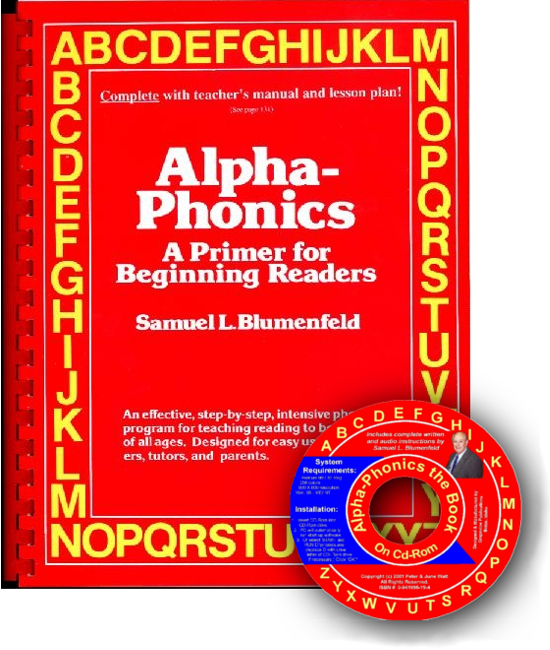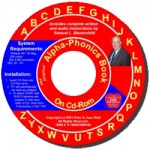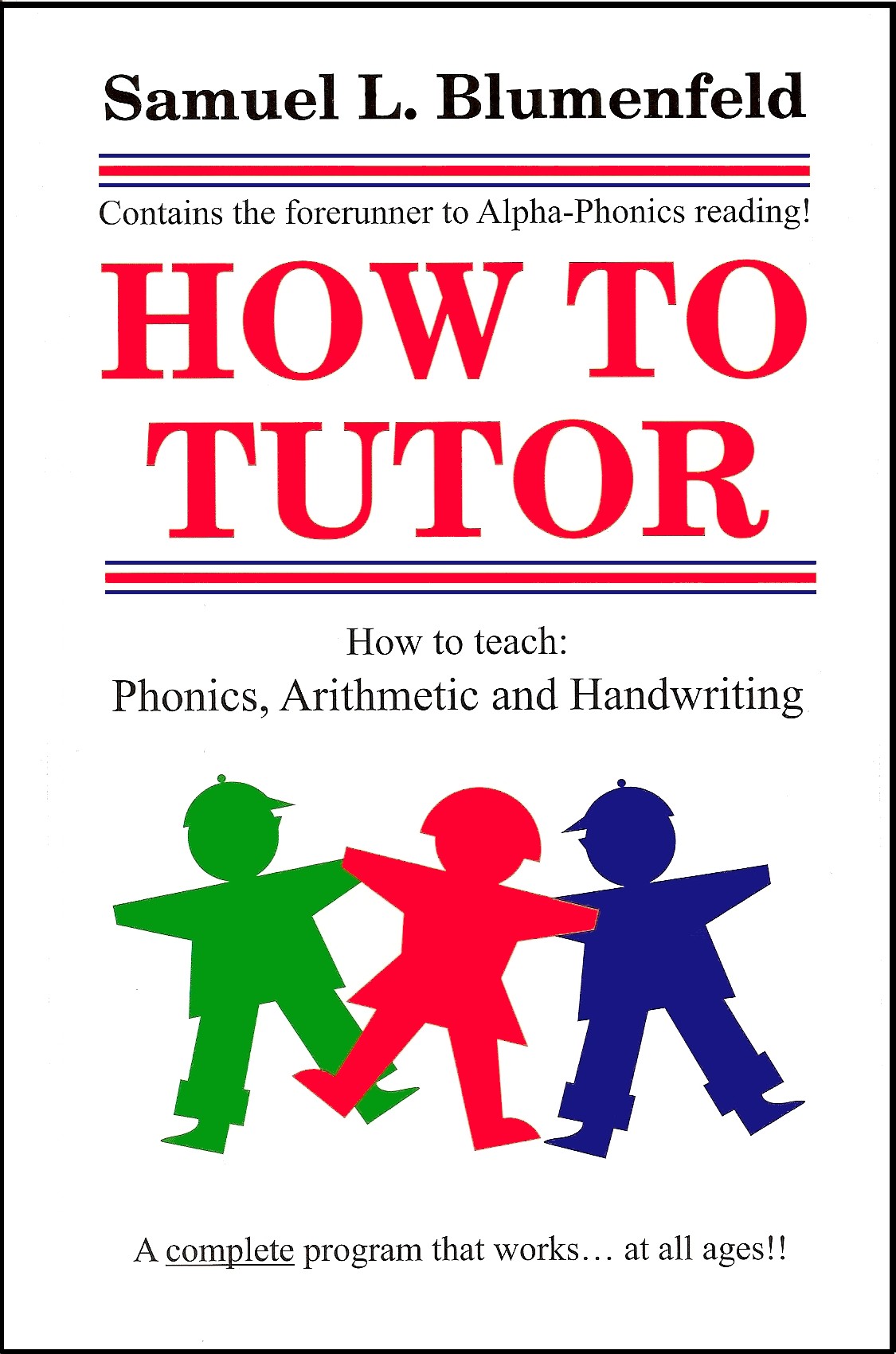
A Question of Resistance to Home Education and the Culture of School-Based Education
Peabody Journal of Education: Issues of Leadership, Policy, and Organizations, Vol. 88, No. 3
ALPHA-PHONICS Blog Editor Note: This is part 8 of an 11 part series of papers on the status of Homeschooling in the US. Remaining parts will be posted shortly. The study was conducted under the auspices of Vanderbilt University Peabody Journal of Education: Issues of Leadership, Policy and Organizations.
While the Abstract is very condensed, the brief conclusion is very important to advancing acceptance of Homeschooling. In Addition, the vitae of the Authors is significant: Homeschooling is finding advocates in academia.
Blane Després, Ripple Deep Consulting
ABSTRACT
Public educator resistance to home education is not a definitive or deliberate offense but part of the culture of teaching, schooling, and the grand culture in which schooling functions. Such resistance, especially at higher bureaucratic levels, stems from a faith stance that might very well be misinformed, misguided, and perhaps even blindly biased. A reading of the roles of teachers and resistance to change from a systems thinking framework informs this work. The main purpose of this article is to present findings from a review of the literature in an effort to expose the critical factors that might inhibit home education growth, acceptance—especially by educators—and greater inclusion as a mainstream education practice. Systemic thinking application in combination with the topic of home education offers multiple strands of understanding home education, systems thinking, and resistance. This article furthers the discussion on home education and prompts educators and researchers alike to reconsider home education and educator roles for the 21st century not as utilitarian functions for local and global economies but as coworkers toward a perceived common goal for children.
ABOUT THE AUTHOR
Blane Després enjoys his family, camping, playing guitars, motorcycling, writing, designing, building, and tinkering. Formerly Assistant Professor of Technology Education at UBC Okanagan [British Columbia, Canada], he now provides business and organizational consulting via an online systems thinking (“big picture”) matrix (Ripple Deep). He has taught most subjects at all levels of K-12 school, though primarily French as an Alternate Language, and at a storefront school. He has graduate degrees in alternative learning (M.A.), and business and education partnerships (Ph.D.). His interests include systemic thinking and advancing it as a primary model for and analytical tool of all events (policies, status, happenings), true educational reform, leadership, purposes of education, philosophy, architecture and alternative learning approaches (e.g. homeschooling, rites of passage). His two children (ages 11 and 15) enjoy homeschooling.
The Publishers of ALPHA-PHONICS are pleased to present this series of studies on the status of Homeschooling in the US. For the past 36 years many Homeschooling Families have chosen ALPHA-PHONICS to be their resource to teach reading to their children. You can find out why below:

 Alpha-Phonics
Alpha-Phonics The Alphabet Song!
The Alphabet Song! Water on the Floor
Water on the Floor Alpha-Phonics the Book on CD Rom
Alpha-Phonics the Book on CD Rom Blumenfeld Oral Reading Assessment Test
Blumenfeld Oral Reading Assessment Test How To Tutor
How To Tutor How To Tutor Cursive Handwriting Workbook
How To Tutor Cursive Handwriting Workbook